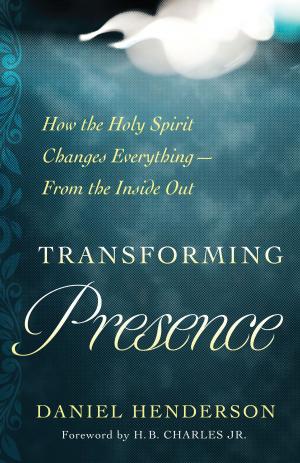Generation Ex-Christian
Why Young Adults Are Leaving the Faith. . . and How to Bring Them Back
Nonfiction, Religion & Spirituality, Christianity, Evangelism| Author: | Drew Dyck | ISBN: | 9781575675640 |
| Publisher: | Moody Publishers | Publication: | October 1, 2010 |
| Imprint: | Moody Publishers | Language: | English |
| Author: | Drew Dyck |
| ISBN: | 9781575675640 |
| Publisher: | Moody Publishers |
| Publication: | October 1, 2010 |
| Imprint: | Moody Publishers |
| Language: | English |
Young people aren’t walking away from the church—they’re sprinting. According to a recent study by Ranier Research, 70 percent of youth leave church by the time they are 22 years old. Barna Group estimates that 80 percent of those reared in the church will be “disengaged” by the time they are 29 years old. Unlike earlier generations of church dropouts, these “leavers” are unlikely to seek out alternative forms of Christian community such as home churches and small groups. When they leave church, many leave the faith as well.
Drawing on recent research and in-depth interviews with young leavers, Generation Ex-Christian will shine a light on this crisis and propose effective responses that go beyond slick services or edgy outreach. But it won’t be easy. Christianity is regarded with suspicion by the younger generation. Those who leave the faith are often downright cynical. To make matters worse, parents generally react poorly when their children go astray. Many sink into a defensive crouch or go on the attack, delivering homespun fire-and-brimstone sermons that further distance their grown children. Others give up completely or take up the spiritual-sounding “all we can do is pray” mantra without truly exploring creative ways to engage their children on matters of faith. Some turn to their churches for help, only to find that they frequently lack adequate resources to guide them. This is where Generation Ex-Christian will lend a hand. It will equip and inspire parents, church leaders, and everyday Christians to reawaken the prodigal's desire for God and set him or her back on the road to a dynamic faith. The heart of the book will be the raw profiles of real-world, young ex-Christians. No two leavers are identical, but upon close observation some categories emerge. The book will identify seven different kinds of leavers (the postmodern skeptic, the drifter, the neopagan, etc.) and offer practical advice for how to connect with each type. Shrewd tips will also intersperse the chapters alerting readers to opportunities for engagement, and to hidden landmines they must sidestep to effectively reach leavers.
Young people aren’t walking away from the church—they’re sprinting. According to a recent study by Ranier Research, 70 percent of youth leave church by the time they are 22 years old. Barna Group estimates that 80 percent of those reared in the church will be “disengaged” by the time they are 29 years old. Unlike earlier generations of church dropouts, these “leavers” are unlikely to seek out alternative forms of Christian community such as home churches and small groups. When they leave church, many leave the faith as well.
Drawing on recent research and in-depth interviews with young leavers, Generation Ex-Christian will shine a light on this crisis and propose effective responses that go beyond slick services or edgy outreach. But it won’t be easy. Christianity is regarded with suspicion by the younger generation. Those who leave the faith are often downright cynical. To make matters worse, parents generally react poorly when their children go astray. Many sink into a defensive crouch or go on the attack, delivering homespun fire-and-brimstone sermons that further distance their grown children. Others give up completely or take up the spiritual-sounding “all we can do is pray” mantra without truly exploring creative ways to engage their children on matters of faith. Some turn to their churches for help, only to find that they frequently lack adequate resources to guide them. This is where Generation Ex-Christian will lend a hand. It will equip and inspire parents, church leaders, and everyday Christians to reawaken the prodigal's desire for God and set him or her back on the road to a dynamic faith. The heart of the book will be the raw profiles of real-world, young ex-Christians. No two leavers are identical, but upon close observation some categories emerge. The book will identify seven different kinds of leavers (the postmodern skeptic, the drifter, the neopagan, etc.) and offer practical advice for how to connect with each type. Shrewd tips will also intersperse the chapters alerting readers to opportunities for engagement, and to hidden landmines they must sidestep to effectively reach leavers.















